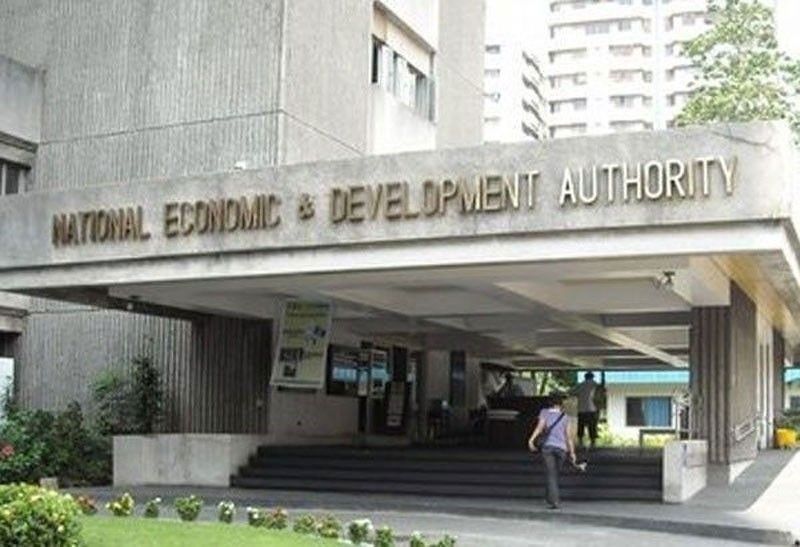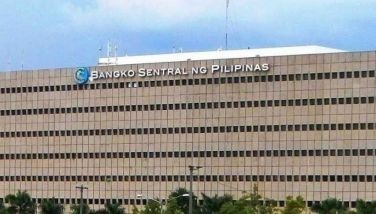Infrastructure, innovation vital to economic growth – NEDA

MANILA, Philippines — Investments in infrastructure and innovation are key to enhancing the country’s resilience against climate shocks and achieving sustainable economic growth, according to the National Economic and Development Authority (NEDA).
During the Fourth Philippines-Singapore Business and Investment Summit (PSBIS) held last Thursday, NEDA Secretary Arsenio Balisacan underscored the critical role of infrastructure and innovation in the country’s development strategy.
He highlighted the Philippine Development Plan 2023 to 2028, which aims to create quality jobs and accelerate poverty reduction. He likewise outlined the government’s priority strategies for fostering climate-resilient and adaptive ecosystems and communities, with a focus on building essential infrastructure.
“The Philippines is one of the countries most vulnerable to the impact of climate change and compounding disasters, ranking first among 193 countries based on the 2023 World Risk Report. We acknowledge that significant investments in sustainable and resilient infrastructure are necessary to enhance our economy’s resilience to shocks, further protect our environment and even kick-start the creation of high-quality jobs,” he said.
There are 164 public private partnership projects underway in the country, valued at approximately P3.2 trillion ($56 billion). These projects cover physical and digital connectivity, healthcare, water and sanitation, solid waste management and energy.
The government has also identified 186 infrastructure flagship projects (IFPs) worth about P9.6 trillion ($170 billion).
Of the IFPs, 29 are for improving irrigation and water resources, nine are in the agriculture sector and one involves power and energy infrastructure.
“Our communities and ecosystems must be resilient to environmental hazards and adaptable to a fast-changing climate. The government will work with the private sector as we carry out a transition to a low-carbon economy in a manner that is efficient and appropriate to our people’s and economy’s development needs,” Balisacan said.
Aside from infrastructure, he also emphasized the importance of science, technology and innovation in addressing the country’s development challenges and risks.
Through the National Innovation Agenda and Strategy Document for 2023 to 2032, the National Innovation Council, composed of representatives from the government and private sector, set out a roadmap to promote innovation in the country.
During the PSBIS, which marked the 55th anniversary of Philippine-Singapore bilateral relations, a memorandum of understanding was also signed for the Philippines’ first-ever Innovation Hub outside the country, located at the Singapore Management University.
In addition to promoting a vibrant innovation ecosystem in the country, the government is pushing for the approval of legislative measures that will help achieve sustained and inclusive growth. These reforms include the Rationalization of the Mining Fiscal Regime, Amendments to the Electric Power Industry Reform Act and the Excise Tax on Single-Use Plastics.
- Latest
- Trending




























